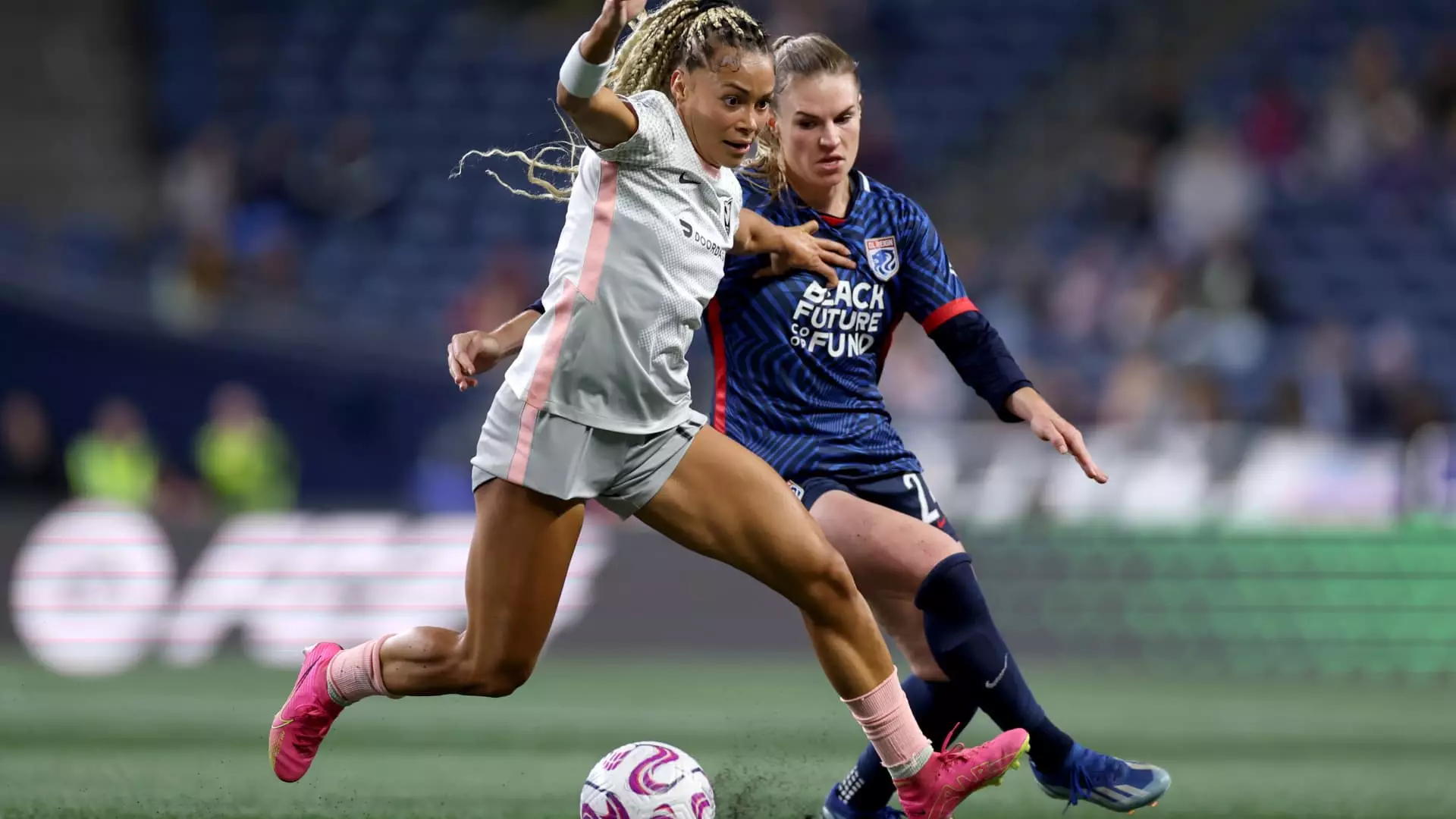Women’s soccer is undergoing a transformation in the world of sports ownership with the introduction of private equity investors. Unlike other major U.S. sports leagues such as the NBA, MLS, MLB, and NHL, where private equity investors are limited to passive, minority stakes, the National Women’s Soccer League (NWSL) has opened its doors to these firms to take majority control of the economics. This shift in ownership structure is paving the way for new opportunities and growth within the women’s soccer industry.
One of the key players in this evolving landscape is Sixth Street, which made history by owning the San Francisco women’s team, Bay FC, for a record-breaking $54 million. The recent partnership between Carlyle and the Seattle Sounders FC to acquire the Reign FC further showcases the increasing valuations within the NWSL, with the Reign being valued at an impressive $58 million. These strategic investments highlight the potential and value that private equity firms see in women’s soccer.
With the injection of institutional capital into the NWSL, there is a renewed focus on driving growth and sustainability within the league. NWSL Commissioner Jessica Berman emphasized the importance of leveraging institutional capital to enhance the league’s assets and support its long-term viability. The surge in attendance by over 40% this year is a testament to the momentum building in women’s soccer, fueling optimism for continued growth and success in the sport.
Women’s elite sports revenue is on track to surpass the billion-dollar mark for the first time, with soccer accounting for a significant portion of this figure. The revenue composition in women’s sports, which relies more on merchandising sales, ticket sales, partnerships, and sponsorships, is distinct from men’s sports, which heavily rely on broadcast rights. However, the NWSL’s recent $240 million media deal marks a significant milestone for the league and signals a shift towards greater financial opportunities and exposure for women’s soccer.
As private equity interest continues to grow in women’s soccer, and valuations soar to new heights, the league faces the task of balancing financial investments with the integrity and values of the sport. The cautious approach taken by the NWSL in navigating institutional capital reflects a broader conversation within the sports industry on the implications of private equity ownership. While the potential for growth and advancements is promising, it is essential for the league to uphold its core principles and ensure sustainable business practices that benefit players, fans, and stakeholders alike.
As women’s soccer enters a new era of ownership and investment, the future holds great promise for the growth and development of the sport. With private equity firms bringing capital, resources, and expertise to the table, women’s soccer is poised to reach new heights in terms of revenue, visibility, and competitiveness. However, as the landscape continues to evolve, it is imperative for the NWSL to strike a balance between financial success and the values that underpin the essence of the sport. By embracing change while preserving the integrity of women’s soccer, the league can carve out a path towards a sustainable and thriving future for generations to come.

